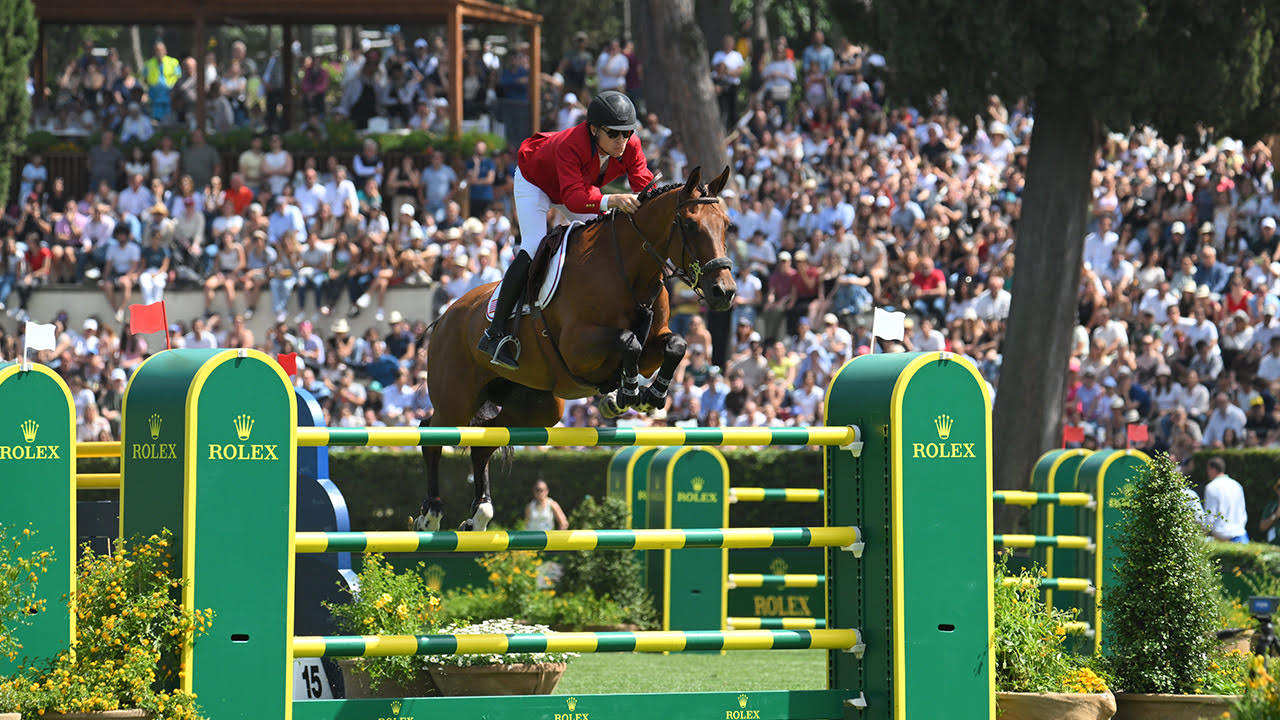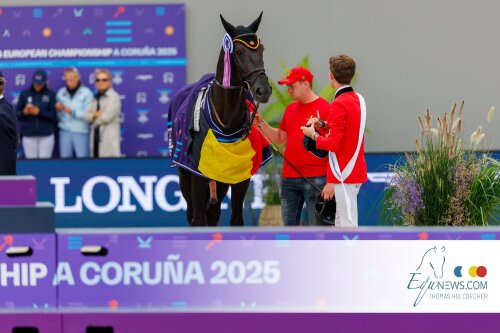Karl Cook, silver medalist on the team at the Paris 2024 Olympics, recently voiced strong criticism of the U.S. selection system for major championships, including the Olympics. In his popular video series “Walking and Talking” on Sept. 26, the 33-year-old rider candidly shared his concerns about the current selection process and suggested possible improvements.
According to Cook, the current system is based too much on the FEI world rankings, which include performance with multiple horses. This favors riders who have several top horses and disadvantages those who have only one suitable horse. “Why should other horses' points count when you can only ride one horse at the Olympics?” wonders Cook. He advocates basing selections on the performance of specific rider-horse combinations, which he believes would be more fair.
Cook proposes a more transparent and objective system in which performance with the horse being used for the championships is the focus. He suggests a combination of objective results and subjective experience, but stresses that the current lack of transparency is problematic. “Nobody knows exactly what criteria the selection committee is using, and that creates a lot of uncertainty,” Cook said.
In addition, Cook points out the importance of minimum requirements, such as participation in a 5* Nations Cup with the horse used for the championships. According to him, this would make the selection processes fairer and give young riders more opportunities to break through. He warns that the current system is too focused on experienced riders, hindering the flow of young talent.
Cook's criticism does not come from nowhere. His own experiences at the 2023 Pan American Games, where he was selected with no previous Nations Cup participation with Caracole de la Roque, made him realize that experience with a specific horse is crucial.
Finally, Cook expressed concern about the loss of American horse owners to other countries, in part because of the opaque selection procedures. “Owners want to know where they stand, and the current system makes that difficult,” Cook said.
The question now is whether the U.S. Equestrian Federation and the selection team will take his suggestions to heart. In any case, Cook hopes his critical comments will not be detrimental to his future on the U.S. team.



